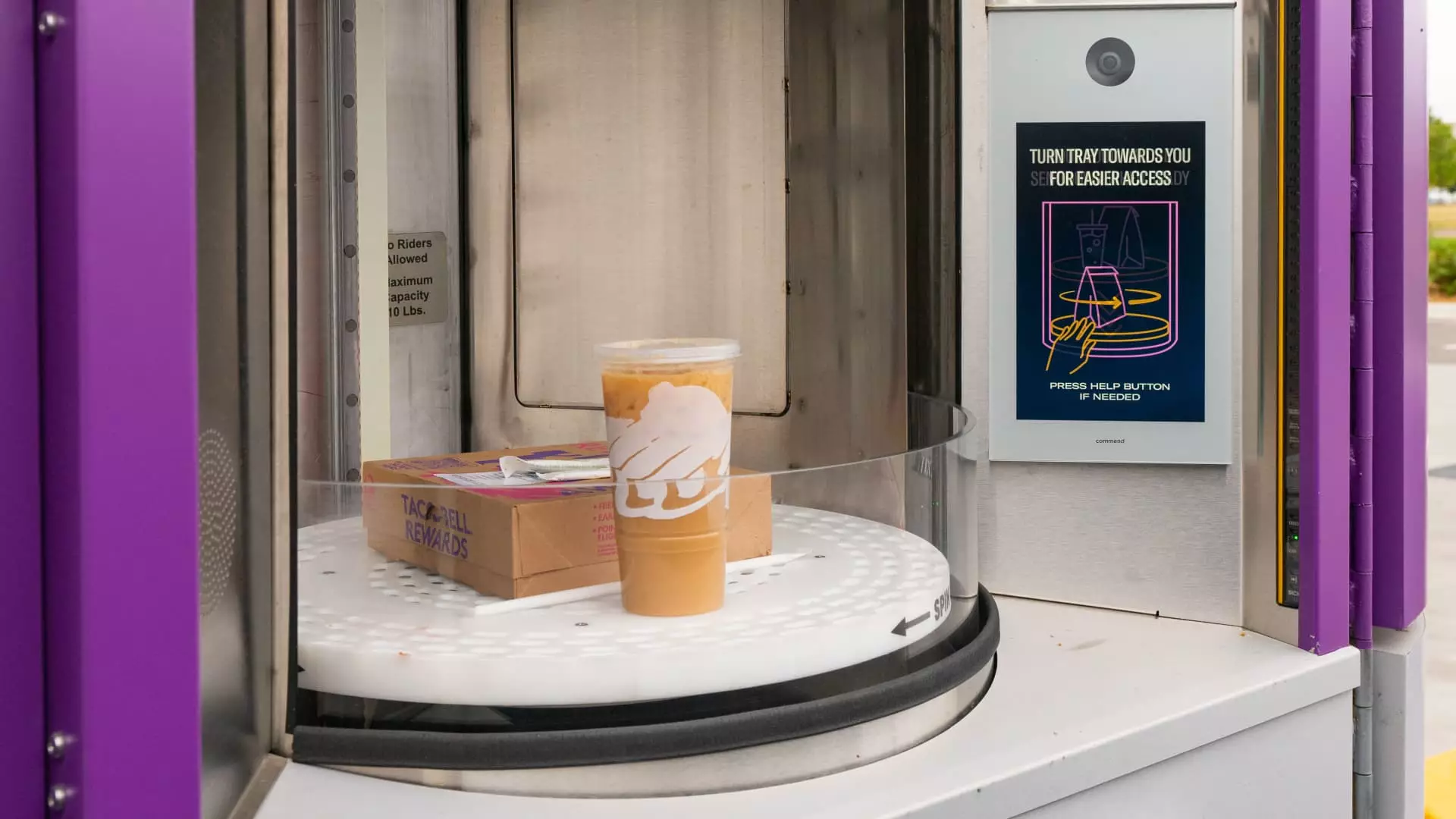The advancement of artificial intelligence (AI) is not limited to the tech sector; the food industry is also jumping on the bandwagon. From self-checkout kiosks to AI ordering in drive-thru lanes, AI is revolutionizing the way businesses in the food industry operate. By investing in AI, food establishments are aiming to reduce labor costs, enhance customer experience, and ultimately stay competitive in a challenging market.
With consumers on the lookout for deals due to continued food inflation, the food industry is under pressure to keep prices competitive. Fast-food chains like McDonald’s, Taco Bell, and Wendy’s have reintroduced value menus to attract budget-conscious customers. Meanwhile, big-box retailers such as Walmart and Target have slashed prices on grocery items. The implementation of AI is seen as a strategic move to curb high labor operating costs and offer affordable pricing to consumers.
Despite investing billions of dollars in AI and robotics, companies like McDonald’s are still facing challenges in achieving profitability and customer satisfaction. The complex equation of balancing profits, sales, and customer experience remains elusive, especially in a tough economic environment. GlobalData’s managing director, Neil Saunders, acknowledges the difficulty of achieving this balance and suggests that until the economy stabilizes, companies will struggle to find equilibrium.
Looking ahead, the food industry is set to witness a significant increase in the adoption of AI and technology. Research by FMI, The Food Industry Association, shows that grocery stores have already spent billions on tech automations, with further growth expected in the coming years. Innovations like smart carts and self-checkout aisles are projected to see a 400% surge in investment by 2025. Yum Brands’ chief digital and technology officer, Joe Park, foresees AI and technology enhancing customer experience and simplifying employees’ roles in the food industry.
The integration of artificial intelligence in the food industry is not just a passing trend but a strategic move to drive efficiency, affordability, and customer satisfaction. As companies continue to invest in AI technologies, the future of the food industry looks promising with the potential for enhanced customer experiences and streamlined operations.


Leave a Reply